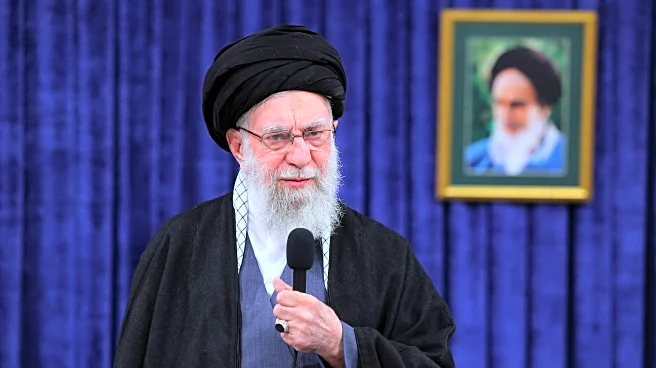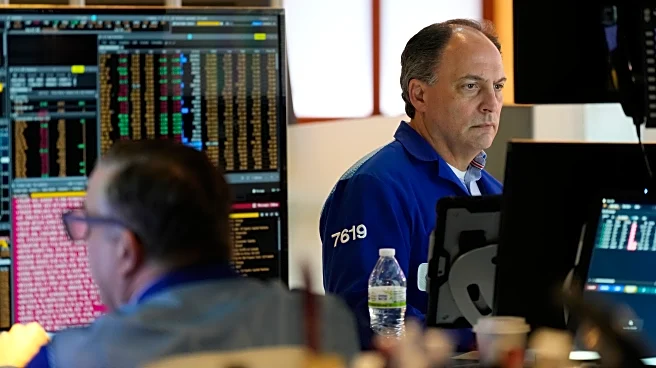What's Happening?
Several independent musicians have removed their music from Spotify following the announcement of Spotify CEO Daniel Ek's investment in Helsing, a defense technology company. Ek's venture capital firm, Prima Materia, led a funding round for Helsing, which focuses on AI-driven defense innovations. Artists such as Deerhoof, Xiu Xiu, and King Gizzard & the Lizard Wizard have expressed their opposition to their music being associated with military technology. Massive Attack, a major label act, joined the protest, highlighting the ethical concerns of funding lethal technologies through music streaming revenues.
Why It's Important?
The protest by artists against Spotify's CEO's investments in military AI technology underscores the growing ethical concerns within the music industry. This movement reflects broader dissatisfaction with Spotify's royalty model, which many independent musicians find inadequate. The decision by artists to leave Spotify could influence the platform's reputation and financial model, potentially prompting changes in how streaming services operate. The protest also highlights the power of artists to influence public discourse and corporate practices, especially when ethical considerations are at stake.
What's Next?
While the protest has gained momentum, it remains uncertain whether more artists will follow suit. The lack of a coordinated campaign suggests that the movement may not significantly impact Spotify's operations. However, the ongoing dissatisfaction with Spotify's payout rates could lead to further scrutiny and pressure on the platform to revise its business practices. Artists and labels may continue to evaluate their relationship with Spotify, considering both economic and ethical implications.
Beyond the Headlines
The protest raises questions about the intersection of technology, ethics, and the arts. It challenges the notion of artistic independence in the face of corporate interests and highlights the potential for artists to drive social change. The situation also prompts a reevaluation of the role of streaming services in supporting or undermining creative endeavors, particularly when linked to controversial industries.










